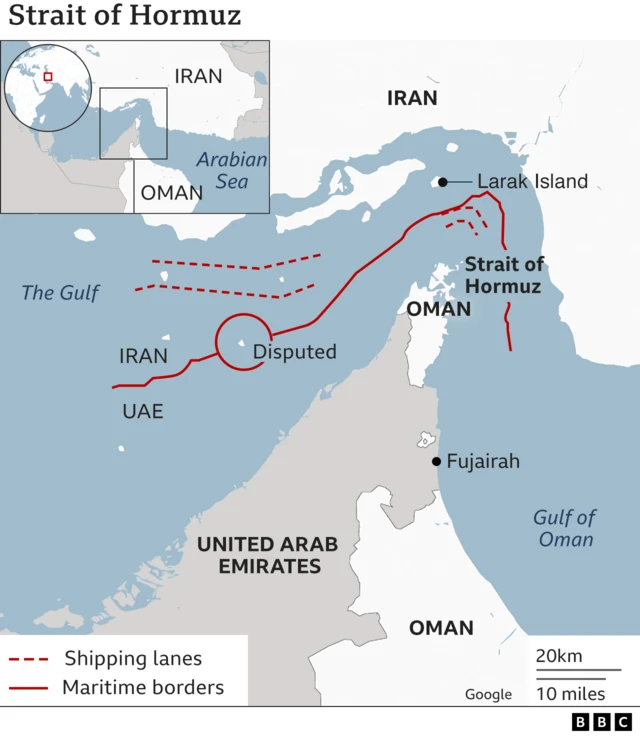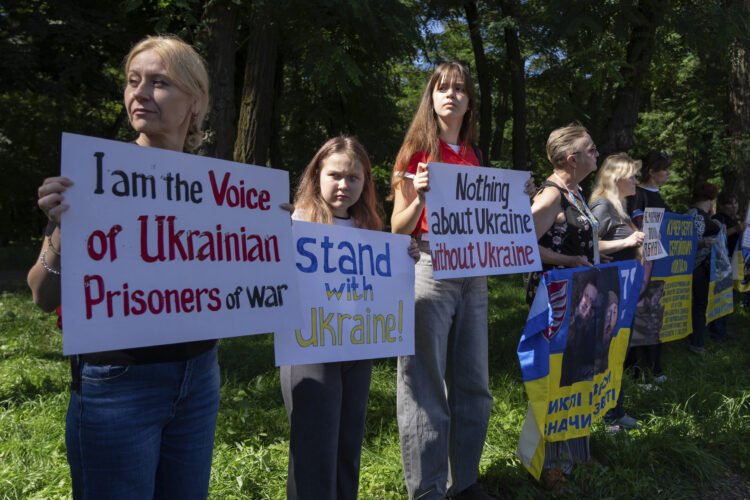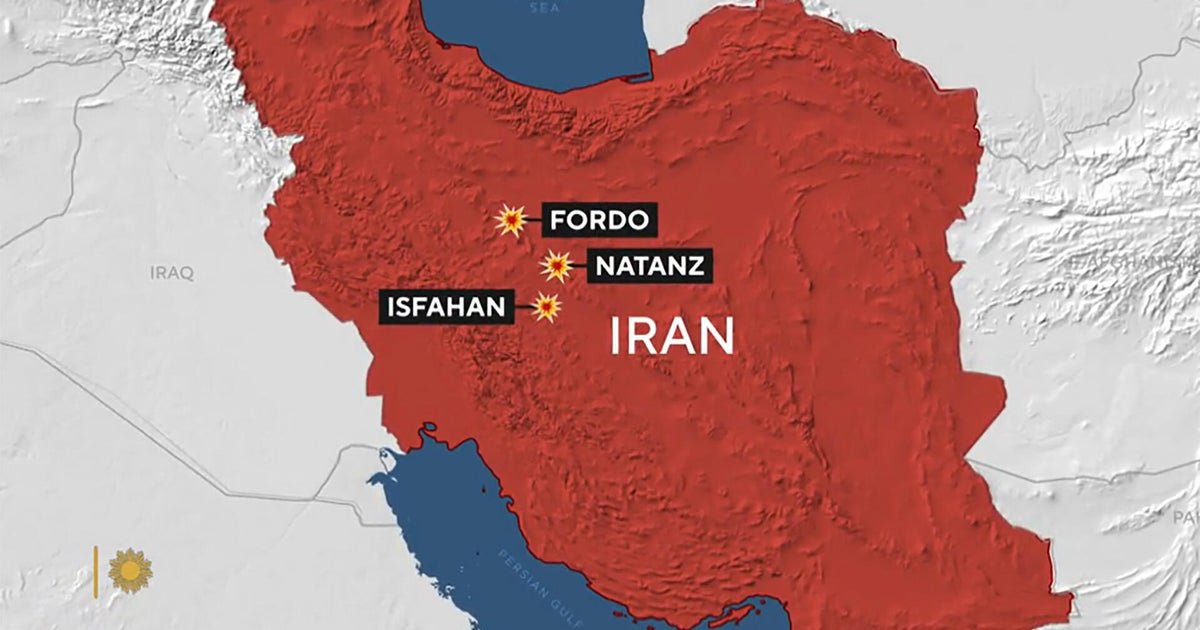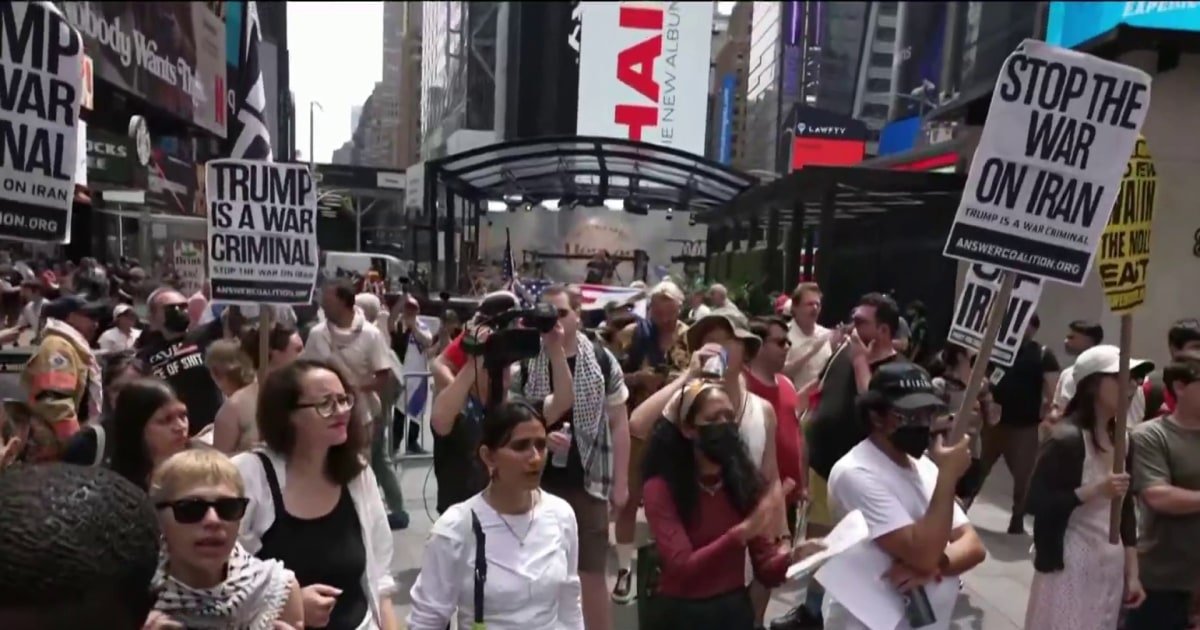Now Reading: Iran says US attacks will get ‘response’, as Trump claims ‘we took bomb out of their hands’ – live updates
-
01
Iran says US attacks will get ‘response’, as Trump claims ‘we took bomb out of their hands’ – live updates
Iran says US attacks will get ‘response’, as Trump claims ‘we took bomb out of their hands’ – live updates
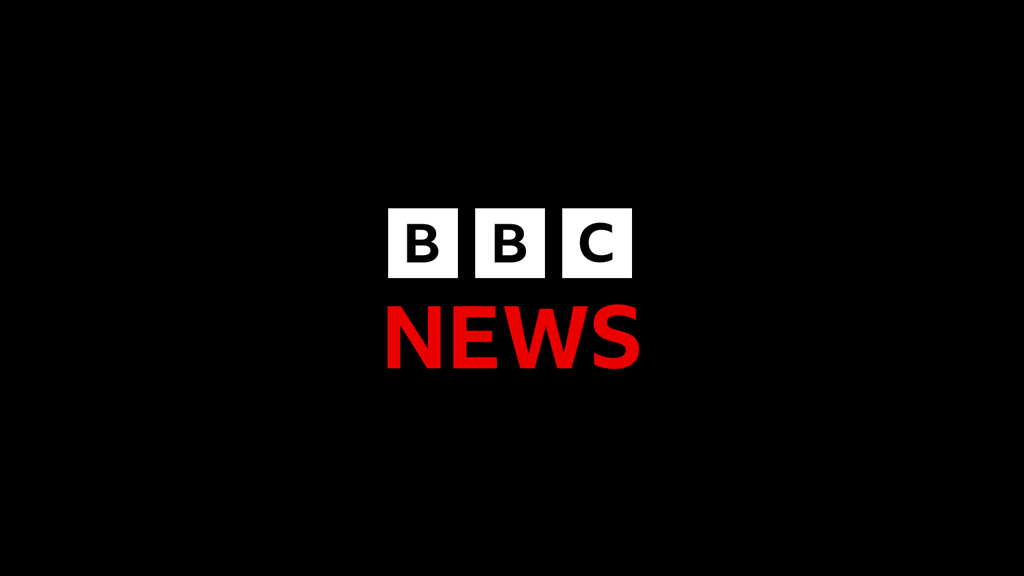
Will Iran close the Strait of Hormuz?published at 19:48 British Summer Time
 Ghoncheh Habibiazad
Ghoncheh Habibiazad
BBC Persian, World Service reporter
Since the recent US strikes, there are whispers from inside Iran that the country will close the strategic Hormuz Strait – although nothing is concrete yet.
The strait is located in the Gulf between Oman and Iran, and is considered the world’s most vital oil transit choke point.
Foreign Minister Abbas Araghchi, when asked today if the country will close the strait, said there are “various options” on the table.
The Islamic Revolutionary Guard Corps (IRGC) has speedboats that could be used to blockade the strait. Its closure could lead to significant delays in the supply of oil needed by global markets, with a rise in oil prices.
Around a fifth of the planet’s crude oil goes through the strait, which is only 40km wide at its narrowest point.
Several countries could be impacted, including the Gulf countries such as Saudi Arabia, the UAE, and Kuwait, but the impact is not limited to them.
China, India, Japan, and South Korea are among the top importers of crude oil that passes along it. Beijing is highly unlikely to welcome any rise in oil prices or disruptions to shipping routes.
And of course, by closing one of its major export routes, Iran itself would lose out. US Secretary of State Marco Rubio today said it would be “economic suicide”.
